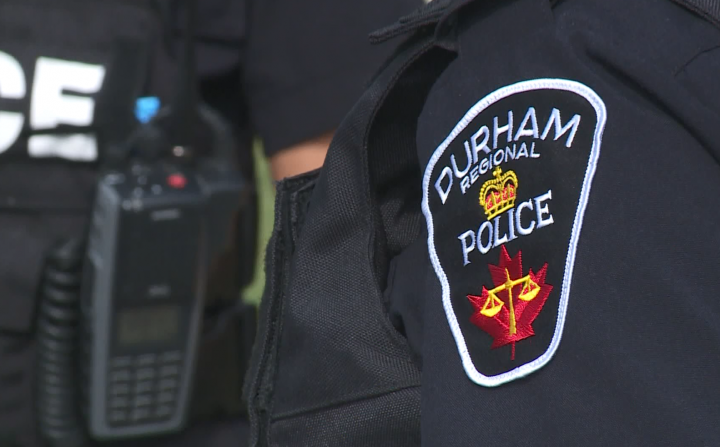Investigators busted into homes across the Greater Toronto Area and beyond as part of a recent investigation that saw officers seize more than $2 million in drugs and cash.

Durham police and the Royal Canadian Mounted Police teamed up for Project Vickery, in which they nabbed more than $60,000 in money and about $1.5 million in drugs. Officers carried out search warrants at residences across Durham Region, Toronto, Peel Region and Kingston, arresting 19 people who face around 150 charges.
The project, which started last fall, aimed to crack down on drug traffickers in the GTA. Police also seized four firearms and five cars as part of their investigation.
Along with heroin, cocaine and methamphetamine, police also recovered fentanyl, a powerful medication that is stronger than most other opioids. The Centre for Addiction and Mental Health (CAMH) says even a small amount can cause overdose and death.
Chris Cull, a recovering opioid addict living in Oshawa, Ont., knows how dangerous drug use can be and says this investigation will “save lives.”

Get breaking National news
“The more we can tackle these issues, the more optimistic I become that we can turn the opioid crisis around,” said Cull.
The number of Ontarians who have had opioid-related deaths has tripled in recent years. In 2003, there were 366 deaths linked to opioids, but in 2017, more than 1,200 people died of the same cause.
WATCH: Opioid rates in smaller Canadian communities more than double than those of large ones (December, 2018)

Cull, 34, says although he survived his addiction to opioids, he “lost everything that meant something” to him when he became addicted.
“Because of all of the money I’d spent on drugs,” Cull said, “I went two years without gas in my home. I had to curtain my living room off in the wintertime and I’d use electric heaters and heat water on my stove to clean myself.”
He says he started using opioids after his father took his own life when he was 22, and he was not “maturely, nor emotionally, developed enough to manage the loss.”
He used drugs, he says, to “numb” himself to deal with the experience, and became addicted to percocets, OxyContin and methadone.
“It spiraled out of control,” said Cull, who is now a a public speaker on the topic of addictions and mental health.
In 2014, he took his last dose of opioids and has since been on the path to recovery. He says he’d like to see police carry out more investigations like Project Vickery.








Comments